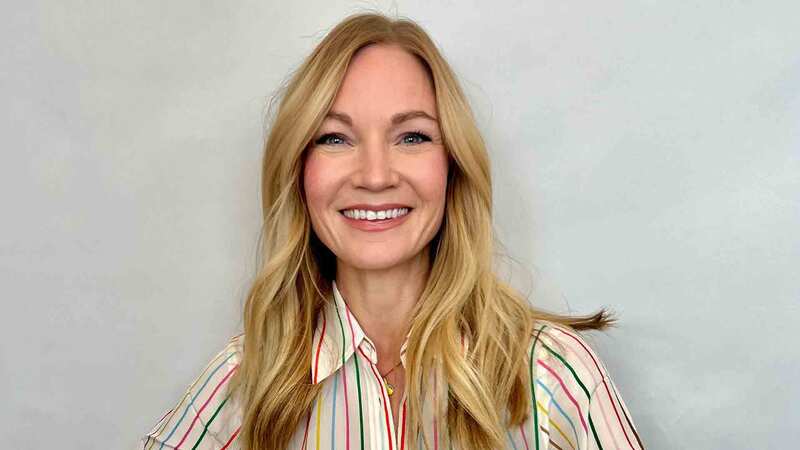You are viewing your 1 free article this month. Login to read more articles.
Turning the other chick
It’s a rare topic that unites the Daily Mail, the Observer and the Economist, but when it comes to women’s fiction, the verdict is unanimous: chick lit is dead.
Taking their cue from The Bookseller’s stories about the decline in women’s fiction sales, they stuck the stiletto in, declaring that women have tired of copycat plots and shallow Manolo-obsessed heroines. There’s only one problem: I haven’t read any women’s fiction like that for years, let alone written it. The chick lit label has become so pervasive that it no longer has any meaning, with city girl romances and incisive novels about women’s lives bracketed – and often jacketed – the same.
Now the glitter seems to be flaking off chick lit like a bad case of dandruff. But why?
I come from a TV development background, where every aspect of viewer behaviour is analysed. Yet research into reader habits is piecemeal, with results closely guarded in-house. So I decided to seek answers by surveying readers myself. I spread the word via social media, attracting almost 400 responses, mainly from readers, but also from other authors, agents and publishers.
And guess what? None of them *heart* the chick lit label either.
Critics of commercial fiction often assume it dumbs readers down, leaving them unable to tackle anything else. Yet the most striking result of my research was how widely respondents read, choosing novels to suit their mood. Their favourites spanned literary, children’s and genre fiction. Keyes was listed alongside King; Mantel next to Jewell. Respondents didn’t only read the frothier end of women’s fiction, any more than they only ate cupcakes or only watched Jennifer Aniston movies.
Yes, the research was small scale. But that doesn’t mean it’s not valuable.
To avoid the genre trap, I asked respondents to pick three adjectives from a list to describe their ideal reads. 39% chose "funny", 40% picked "moving" or "thrilling" while the top choice, with 55%, was "thought-provoking".
That last quality is one that will strike a chord with many female readers, who feel guilty about wasting time when they have so little of it free. So a book that offers "added value" – a "what if" dilemma to discuss with friends, or new information about other countries or histories – justifies their choice.
Yet the marketing of novels by and for women, often emphasises disposable entertainment over added value. Of course, with so many covers and titles competing for attention, an image needs to be immediately striking and simple – but could over-simplification be one reason for declining sales?
Author respondents seemed to think so. Many cited One Day as an example of a love story given that rare thing, a jacket that appeals to both male and female readers. Another author described a "pink sparkly ghetto, where we are condemned to prettiness rather than actually having something interesting and entertaining to say".
Clearly, prettiness is not the enemy. Yet it’s wearing to see insightful novels by female authors given jackets that would be judged too girly for a Rainbow Magic title. A book can be funny, moving and thought-provoking – just like life. But readers and authors alike felt that was rarely evident from the cover image.
The chick lit obits appeared before Christian Grey thrust onto the scene – now pink covers are eclipsed by shades of grey. But the role of e-publishing in E.L. James’ early success suggests digitalisation offers opportunities to encourage consumers to try new authors and worlds. I’m setting up a panel to ask readers what ideas they have to engage with the ‘content providers’ – Twitter is fun but it’s not enough.
So are the papers right? Is it RIP Chick Lit? Maybe, but there’s a final problem. We need a new label that’s just as catchy. My suggestion, based on the survey results, is only slightly tongue-in-chick: Broad Lit. It’s smart, multi-faceted and gloriously unpredictable. Just like readers.
Read more of Kate’s research at www.kate-harrison.com/readersurveyresults. Her latest ‘broad lit’ title, The Boot Camp, is published by Orion.













